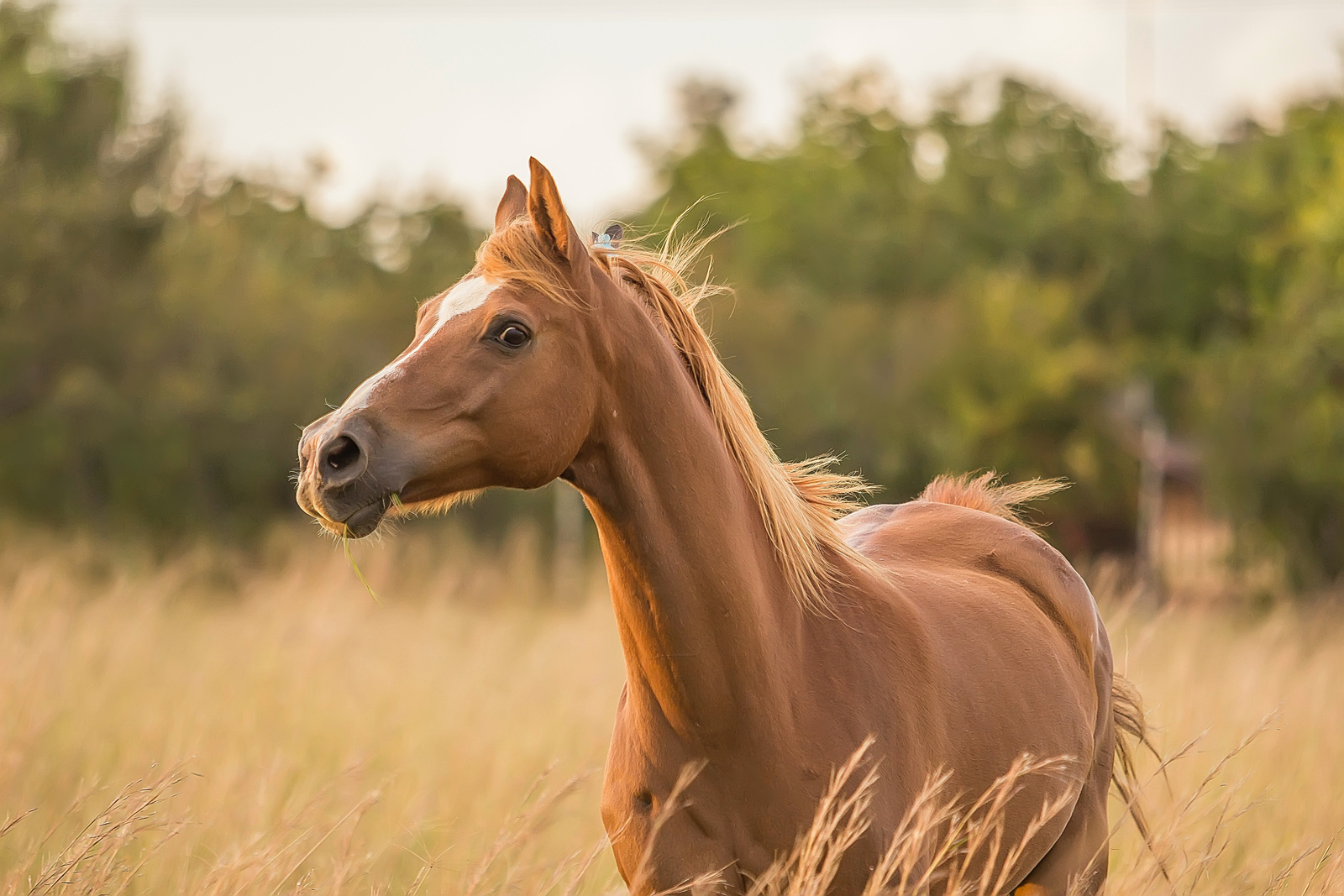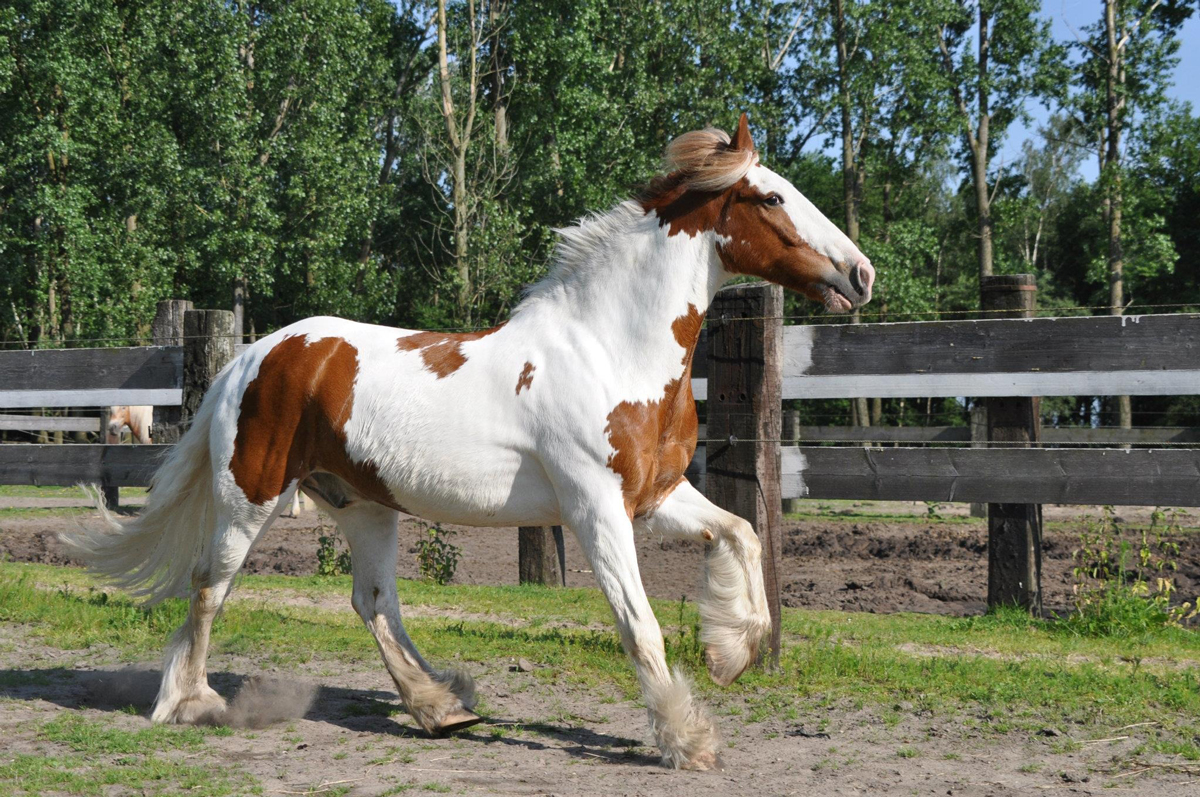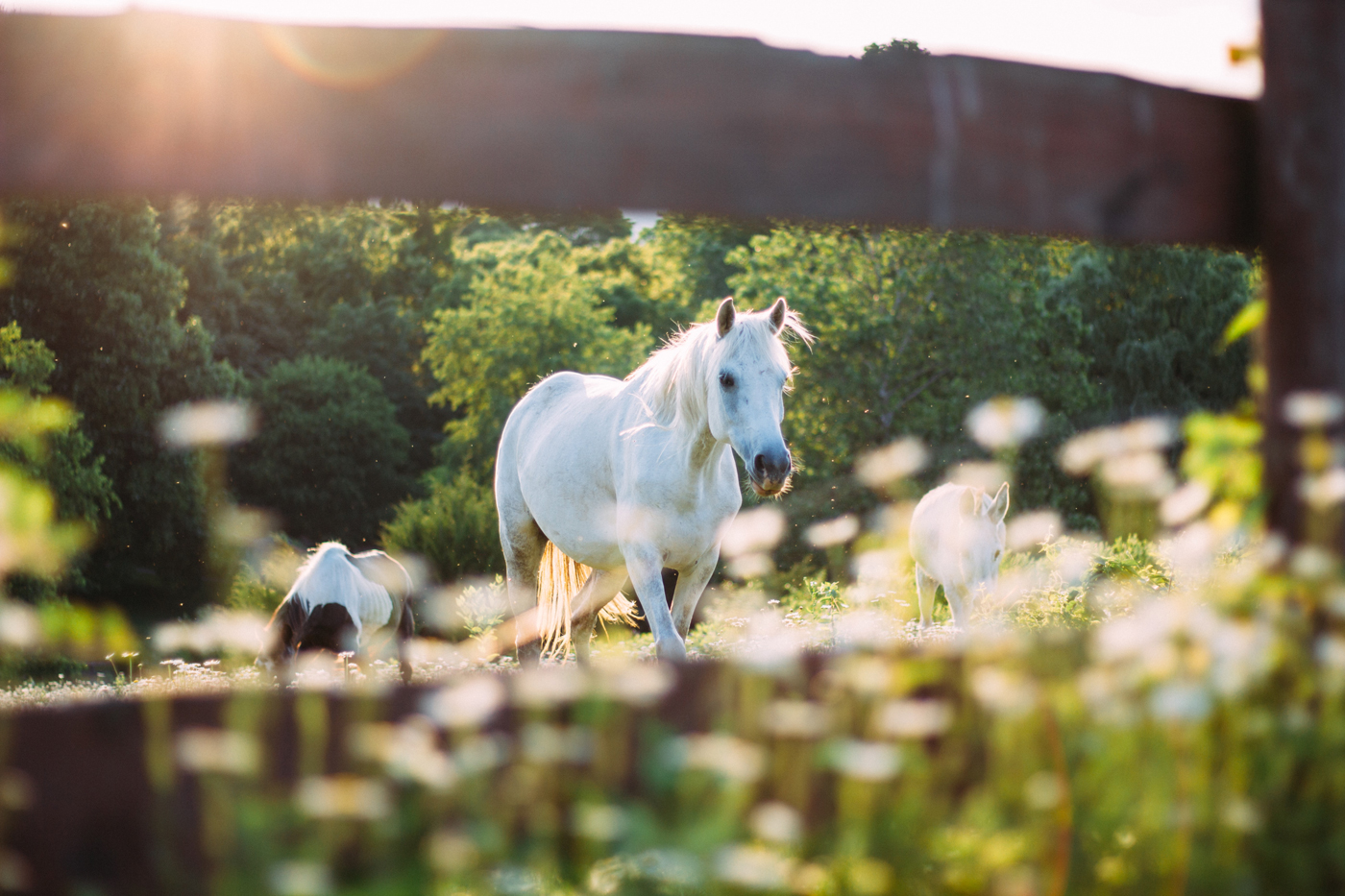Caring for a horse properly is a big responsibility and can become overwhelming if you start to experience financial problems or an unexpected change in circumstances.
Not only are there the costs of the horse itself to consider but also its feed, vet’s bills and boarding fees.
There are also the things they need for a safe and happy life such as well-fitting tack, a comfortable horse trailer and horse trailer insurance.
Unfortunately, despite cutting costs you might still be faced with the difficult challenge of rehoming your horse.
Horse rehoming in the UK
The number of horses and ponies needing a new home in the UK has risen considerably over the last 10 years and has resulted in serious welfare concerns.
The RSPCA issued a report warning that England and Wales are “in the grip of a horse crisis”. It said that equine rescue and rehoming organisations are physically unable to cope with the numbers of horses at risk.
Horses can become in need of rehoming for many reasons relating to both the owner and the horse.
However much an owner cares for a horse they may have a lack of money, time or space, poor health, a change in family circumstances, or the owner might have died.
Horse characteristics resulting in the need for rehoming include health issues, old age, unsuitability for riding or undesirable behaviours.
An academic study published in the BMJ’s Vet Record examining data from a UK-based rehoming charity found that:
- Horses whose owners were prepared to transfer ownership were nearly three times more likely to be rehomed than those available for loan.
- Horses deemed suitable for beginners had more chance of finding a new home than those requiring an advanced rider.
- Horses only suitable as unridden companion horses were less likely to be rehomed than rideable horses.
- Restricting the rehoming radius also resulted in a longer time before rehoming.

The rehoming process
Rehoming a horse is such a difficult decision to make but the key piece of advice from World Horse Welfare charity is that the sooner you start the process, the more likely the chance of a positive result for you and your equine.
There are several options for rehoming a horse – let’s take a look at them.
Selling
Perhaps the simplest and best option, if your horse is otherwise fit and healthy, then it might be best to sell them to a willing owner.
However, horses who are old or have serious behavioural or health issues could be in danger of receiving poor care and may even be neglected or passed on yet again.
To give any horse the best chance of finding a forever home, you need to do the following:
- Be honest about their health, temperament and needs. It’s unfair on the horse and the new owner if they have a nasty surprise when they get the horse home.
- Word adverts carefully to attract only genuine buyers. Even with the best will in the world, saying a horse is ‘reduced for a quick sale’ might not attract the best interest.
- Have prospective buyers visit and meet the horse to find out if they’ll get on. The more you tell them about the horse the more likely you’ll find a good fit.
- Find out the buyer’s level of horse knowledge or experience. Do they match the horse’s needs?
- Ask for and follow up on references from a vet, farrier, trainer or riding club.
- Visit the horse’s new home beforehand. It’s your responsibility to check if the facilities are suitable.
Loaning
If you don’t want to hand over full ownership just yet, then you could consider loaning your horse.
Careful planning is vital for this as while someone else might take over the costs of the horse’s upkeep, you will still retain legal responsibility for their welfare.
As well as following the selling tips above, you might need to put a written loan agreement in place to make sure everyone knows their responsibilities and what to expect.
Even if the person lives nearby or is already well-known to you, it’s important to have an agreement in place if any problems arise.
If you plan on including items such as your horse trailer in the loan then speak to your horse trailer insurance provider beforehand.

Equine Welfare charities
In view of the large numbers of rescue cases in the country, UK equine welfare charities are under great strain.
This means that many are unable to take horses from private owners. However, even if they can’t, they are still a vital source of information for struggling owners.
If you’re lucky enough to find a charity with space for your horse, then they will expect you to sign over full ownership of the horse to the organisation.
Remember to research the organisation before rehoming. As well as visiting the facilities, check whether they’re a registered charity and a member of the National Equine Welfare Council.
Companion homes
There are people looking for a non-ridden companion for their own horse.
However, these people usually need an animal who is low maintenance. Also, bear in mind that many older horses find it stressful to be rehomed.
Always follow the tips for selling and loaning.
Retirement homes
A more expensive option but there are commercial retirement homes available for older equines.

A note on euthanasia
As the Blue Cross advises, sometimes rehoming isn’t in the best interests of a horse or a realistic option.
In those cases, putting a horse down might be the kindest thing to do if you can no longer meet their needs yourself.
Ask your vet for their advice before going down this route.
Horse trailer insurance with Equesure
Finding a new home for your trusty steed can be a worrying experience.
Let the supportive team at Equesure relieve some of the pressure by finding you the most appropriate insurance cover for your changing transport needs.
With over 60 years of combined experience in the specialist equine insurance market, we can find cover for all makes and models to suit any budget. Policies arranged through Equesure can include the following:
- Accidental damage, fire and theft as standard
- Public liability available up to £1 million
- EU cover included on some policies
Get a horse trailer insurance quote from Equesure today.






